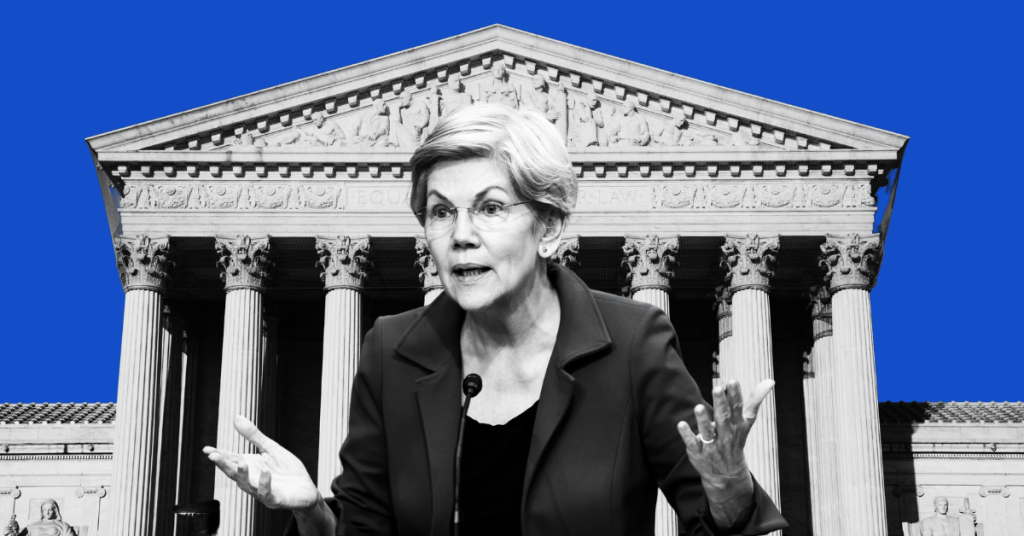
The post Shark Tank’s Kevin O’Leary Slams Senator Warren Over GENIUS Act: “Un-American and Dangerous” appeared first on Coinpedia Fintech News
Shark Tank investor and Canadian businessman Kevin O’Leary is firing back at Senator Elizabeth Warren over her opposition to the GENIUS Act – a bipartisan bill designed to regulate stablecoins in the United States.
O’Leary didn’t hold back, calling Warren’s stance “dangerous” and “un-American,” accusing her of blocking financial innovation by turning the bill into a political weapon against Donald Trump.
O’Leary: Warren Is Politicizing a Vital Crypto Bill
As crypto regulation becomes a bigger part of U.S. policy, O’Leary argues that Warren is distracting from the GENIUS Act’s core purpose. He says the bill is about modernizing the American financial system through properly regulated stablecoins – not about Trump or meme coins.
In a post on X, O’Leary stressed that the bill has nothing to do with Trump and warned that dragging politics into the conversation could hurt the country’s ability to lead in global finance.
According to him, the GENIUS Act is a step toward strengthening the U.S. dollar’s role in digital payments around the world. He believes Warren’s opposition risks slowing innovation and letting countries like China pull ahead in the race for financial dominance.
“This is about establishing the U.S. dollar as the default currency for global price discovery,” O’Leary said, dismissing Warren’s claims as “completely deranged.”
Warren’s Opposition to the GENIUS Act
Senator Warren opposes the bill, citing its ties to a $2 billion MGX-Binance deal involving USD1 which is a Trump-linked stablecoin.
She cautions that exemptions for senior officials, including the president, could give birth to corruption, claiming the bill risks “greenlighting the grift.”
Warren argues that the bill could allow Trump to regulate his own financial product, undermining transparency and public trust.
GENIUS Act Moves Forward with Bipartisan Support
Despite Warren’s strong pushback, the GENIUS Act recently passed a key Senate hurdle. Several Democrats who were initially skeptical have now supported a revised version of the bill.
The bipartisan support signals growing momentum for establishing clear regulations for stablecoins – something many in the industry believe is essential for the future of digital finance in the U.S.
You can best believe that the debate is not over.






